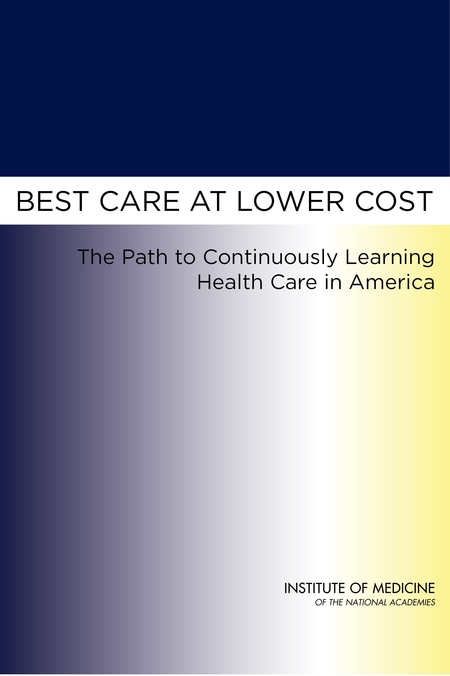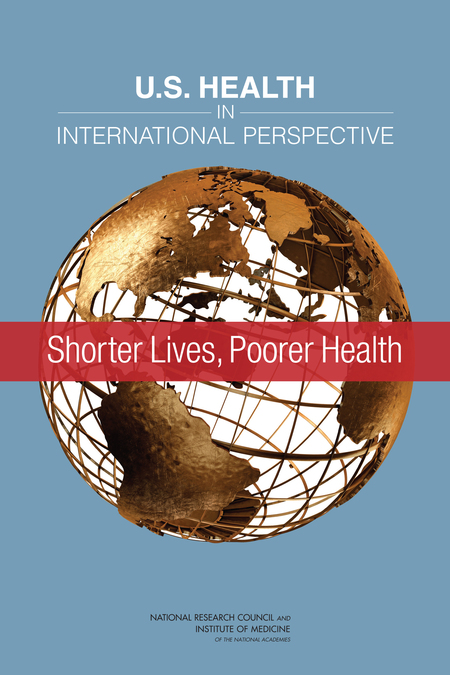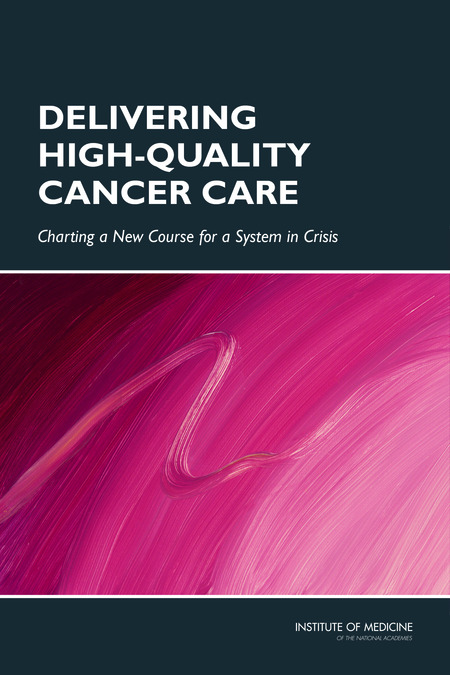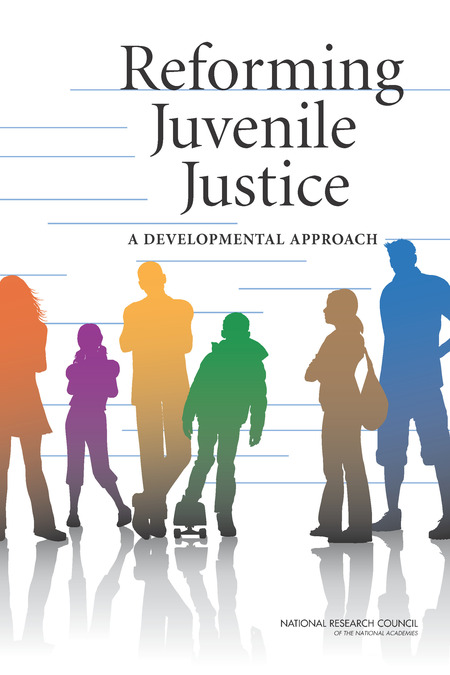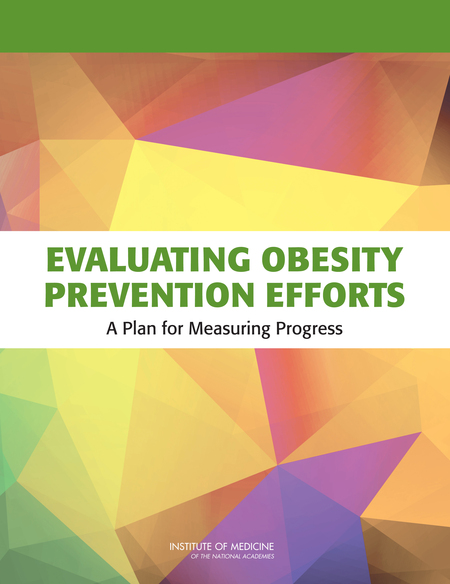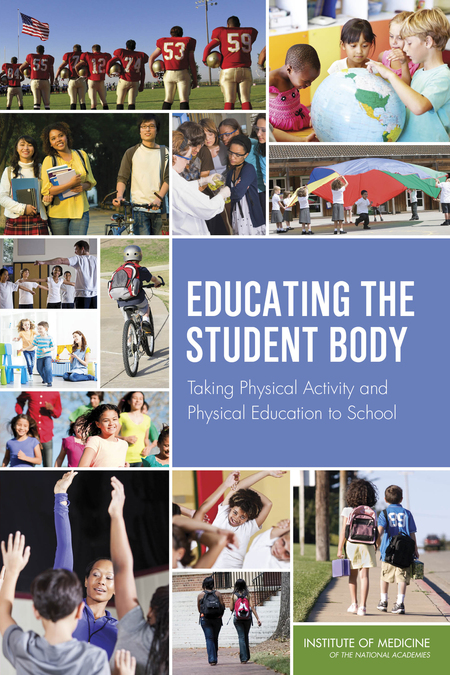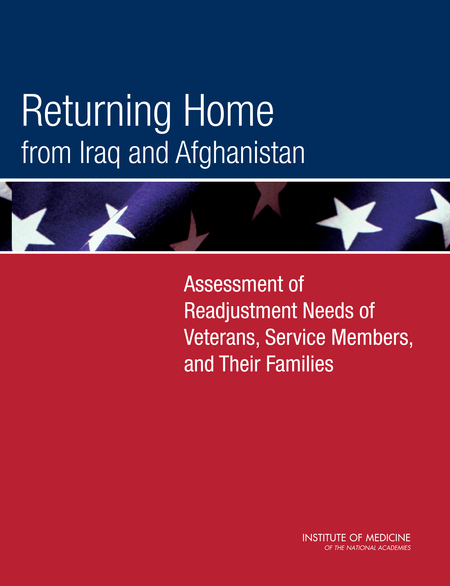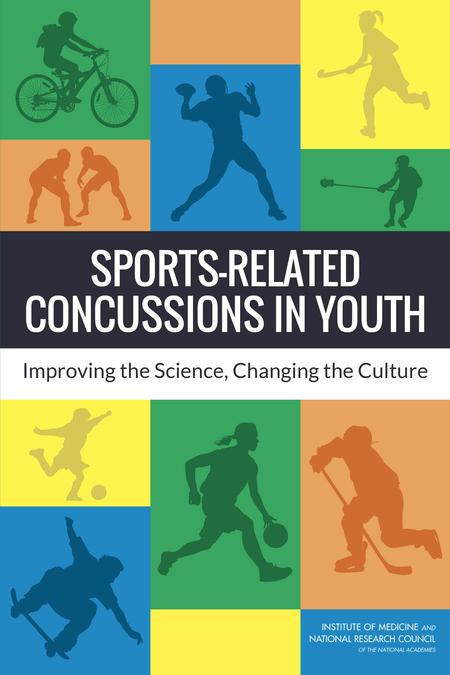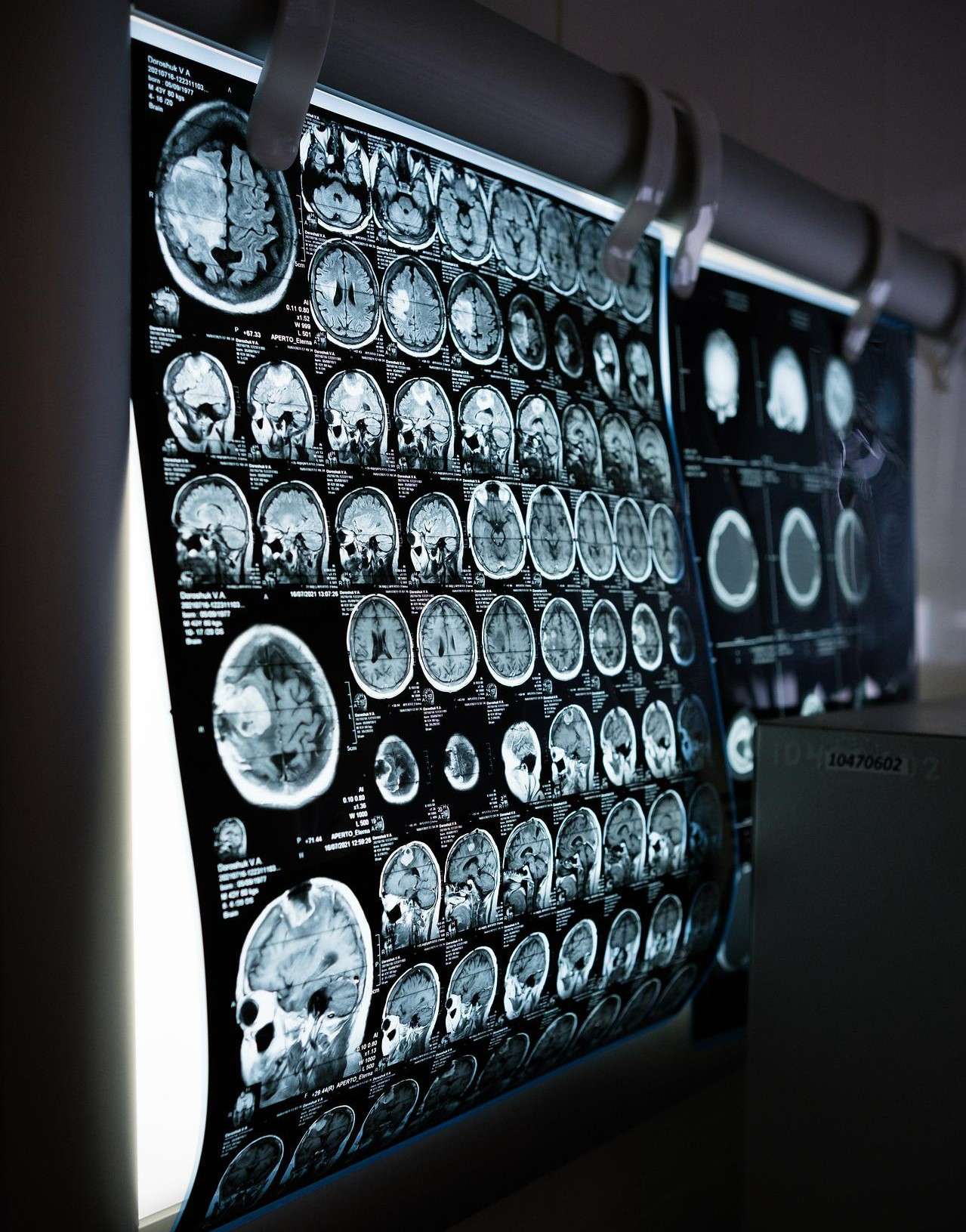
In the United States, almost 5 million people are evaluated in emergency departments for traumatic brain injury (TBI) each year. Over the past several decades, awareness of the magnitude and consequences of TBI has increased, particularly among athletes and military service members, with new processes emerging for screening and management. Our titles explore the causes and consequences of TBI, and opportunities to prevent injury and improve treatment. As always, all are free to download.

Traumatic Brain Injury: A Roadmap for Accelerating Progress
Every community is affected by traumatic brain injury (TBI). Causes as diverse as falls, sports injuries, vehicle collisions, domestic violence, and military incidents can result in injuries across a spectrum of severity and age groups. Just as the many causes of TBI and the people who …[more]

Sex Differences in Brain Disorders: Emerging Transcriptomic Evidence: Proceedings of a Workshop
Accumulating evidence gathered over the past three decades has demonstrated a biological basis for differences between men and women with respect to clinical features and treatment responses to several neuropsychiatric, neurodevelopmental, and neurodegenerative disorders. Dramatic sex …[more]

Brain Health Across the Life Span: Proceedings of a Workshop
Brain health affects Americans across all ages, genders, races, and ethnicities. Enriching the body of scientific knowledge around brain health and cognitive ability has the potential to improve quality of life and longevity for many millions of Americans and their families. The Centers for …[more]

Evaluation of the Disability Determination Process for Traumatic Brain Injury in Veterans
The Veterans Benefits Administration (VBA) provides disability compensation to veterans with a service-connected injury, and to receive disability compensation from the Department of Veterans Affairs (VA), a veteran must submit a claim or have a claim submitted on his or her behalf. …[more]

Developing Multimodal Therapies for Brain Disorders: Proceedings of a Workshop
Multimodal therapy approaches that combine interventions aimed at different aspects of disease are emerging as potential—and perhaps essential—ways to enhance clinical outcomes for patients with psychiatric and neurological disorders. In order to examine the general principles underlying …[more]

Review of Department of Defense Test Protocols for Combat Helmets
Combat helmets have evolved considerably over the years from those used in World War I to today’s Advanced Combat Helmet. One of the key advances was the development of aramid fibers in the 1960s, which led to today’s Kevlar-based helmets. The Department of Defense is continuing to invest in …[more]

In October 2011, the Institute of Medicine (IOM) released the report Cognitive Rehabilitation Therapy for Traumatic Brain Injury: Evaluating the Evidence, assessing the published evidence for the effectiveness of using cognitive rehabilitation therapy (CRT) to treat people with traumatic brain …[more]

Cognitive Rehabilitation Therapy for Traumatic Brain Injury: Evaluating the Evidence
Traumatic brain injury (TBI) may affect 10 million people worldwide. It is considered the “signature wound” of the conflicts in Iraq and Afghanistan. These injuries result from a bump or blow to the head, or from external forces that cause the brain to move within the head, such as whiplash or …[more]

Traumatic brain injury (TBI) accounts for up to one-third of combat-related injuries in Iraq and Afghanistan, according to some estimates. TBI is also a major problem among civilians, especially those who engage in certain sports. At the request of the Department of Defense, the IOM examined the …[more]

This book makes a strong case for taking advantage of the best of two disciplines–health care and operational systems engineering (a combination of science and mathematics to describe, analyze, plan, design, and integrate systems with complex interactions among people, processes, materials, …[more]

Gulf War and Health: Volume 7: Long-Term Consequences of Traumatic Brain Injury
The seventh in a series of congressionally mandated reports on Gulf War veterans health, this volume evaluates traumatic brain injury (TBI) and its association with long-term health affects.
That many returning veterans have TBI will likely mean long-term challenges for them and their …[more]

Evaluating the HRSA Traumatic Brain Injury Program [more]

To explore whether soccer playing puts youths at risk for lasting brain damage, the Institute of Medicine brought together experts in head injury, sports medicine, pediatrics, and bioengineering. In a workshop entitled “Youth Soccer: Neuropsychological Consequences of Head Impact in Sports,” …[more]

